Transformation Alert: Learn the Essential Advantages of Transitioning to EWM in S/4HANA
About the Interview
Many organizations are seeing significant changes to their ERP landscapes as a result of the installation of S/4HANA. Making the best choice for a corporation can be stressful when it comes to choosing between SAP WM (warehouse management) and SAP EWM (extended warehouse management) software. Erick Sanchez, a D4M SAP Consultant, will discuss the three primary justifications for upgrading to EWM in this interview. On the other hand, he will also discuss the benefits and drawbacks of installing an EWM program and why it is not currently mandatory.
According to Erick, EWM extends beyond basic warehouse management, offering advanced features and customization optionsIt is currently a part of S/4HANA installations since many businesses will want organizations to transition to EWM in the future. Erick emphasizes that switching to EWM has the following three important benefits:
- Better control over plant processes
- The S/4HANA 2027 cut off
- Significantly faster scanning speeds
Despite this, he makes it very clear that the EWM software is not currently required for the S/4HANA system, so the choice to implement EWM depends on the customer and their business requirements.
D4M typically operates in the automotive industry where we’ve helped several customers improve their processes with EWM. However, choosing a solution for an organization is not a “one size fits all” situation. It is essential that customers are aware of the precise actions and control they currently possess. The choice then depends on the industry, the client, and the level of specific control they are looking to achieve.
Read More MINI-SODE 6: DEFINING MES AND MOM






